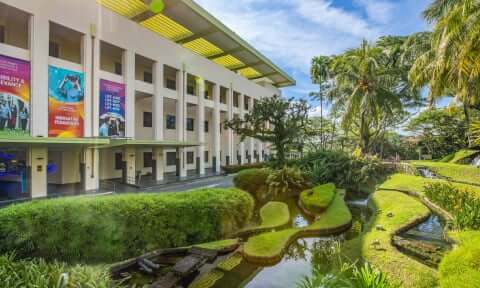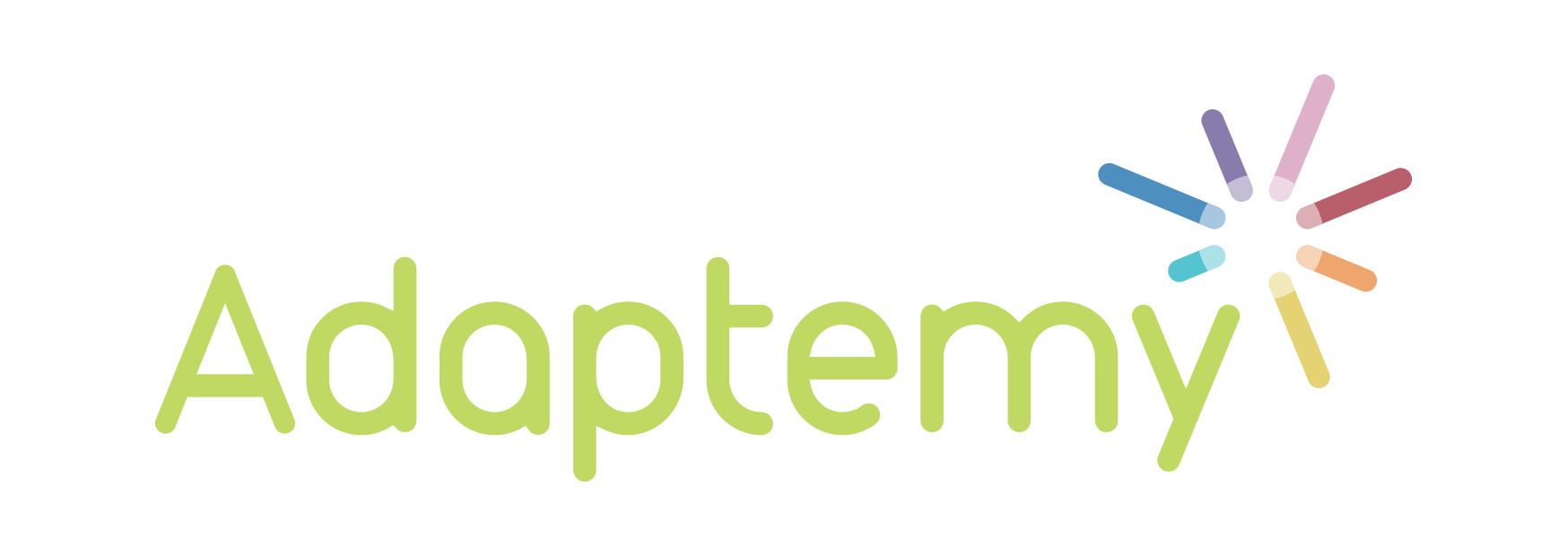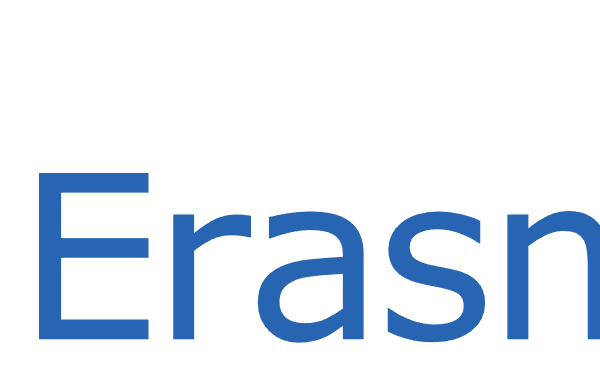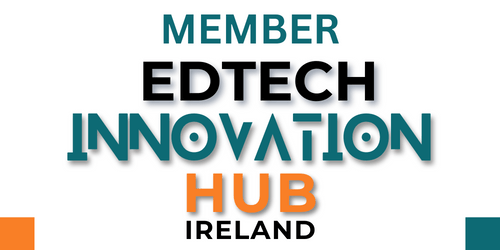
National Institute of Education, Singapore
Adaptemy are proud to share a research publication from the esteemed National Institute of Education in Singapore (NIE), a member of the Nanyang Technological University. The paper has been published in Vol. 11, Issue 8 of the peer-reviewed “International Journal of Engineering Research in Computer Science and Engineering (IJERCSE)” and focusses on Two Adaptive Learning Projects delivered by Adaptemy for the NIE team.
Context
In a rapidly evolving educational landscape, the National Institute of Education (NIE) at Nanyang Technological University (NTU), Singapore, is at the forefront of innovation. Leveraging Adaptemy’s AI-powered Personalized Adaptive Learning and Assessment System (PALAS), they’re transforming how student teachers learn and master the intricacies of Malay grammar. This journey has not only enhanced understanding but also fostered motivation, confidence, and teaching effectiveness among future educators.
Why Adaptive Learning?
Traditional teaching methods often face limitations when it comes to personalizing instruction for each student’s unique strengths and needs. This is especially true for subjects that require deep mastery, like grammar. Adaptive learning technology offers a solution: it tailors each student’s learning path in real-time, based on their individual progress and needs, providing customized feedback and guidance along the way.
The PALAS platform, developed by Adaptemy, embodies this approach. By assessing each learner’s initial skill level and adjusting the difficulty of content in real-time, PALAS ensures that no two learning journeys are the same. Through single sign-on integration with NTU’s Blackboard system, PALAS seamlessly fits into the learners’ existing digital ecosystem, creating an accessible and effective environment for language learning.
Key Findings from the Research
Two pilot phases with PALAS were conducted, each bringing valuable insights into how adaptive learning can impact educational outcomes.
“A survey conducted for both Pilots showed a positive and sustained high percentage of motivation to learn Malay Grammar and understanding of the grammar topic. In addition, we received positive feedback on improvement in grammar knowledge and confidence in teaching Malay grammar.”
Here are some of the most notable findings:
1. Significant Learning Gains
Both Pilot 1 and Pilot 2 showed that student teachers made meaningful progress in mastering Malay grammar. The system’s mastery loop – which guides learners through instruction, guided practice, and assessment – allowed learners to build a deeper understanding of affixes, a core aspect of Malay morphology. Compared to traditional learning environments, PALAS delivered an 18% increase in concept mastery among students, making complex grammar topics more accessible and achievable.
“The effect size is very positive for both Pilots at the concept level. A very positive effect size of 1.02 was also observed
for New Learners.”
2. Increased Confidence in Teaching
A key goal was to empower future teachers with not just knowledge, but the confidence to teach it effectively. Both pilots revealed a marked increase in student teachers’ confidence levels. As students grew more skilled in applying grammar rules, they reported feeling better equipped to teach and model correct language usage. This boost in self-assurance directly impacts their ability to engage students meaningfully in the classroom.
3. High Motivation and Engagement
One of the most promising findings was the high level of learner motivation. Adaptive learning can often be a game-changer in terms of engagement, and PALAS proved this with strong feedback from student teachers. The system’s interactive feedback loops, progress tracking, and real-time recommendations kept students motivated and eager to learn more. By continually adapting to each learner’s needs, PALAS sustained high engagement and fostered a love for learning grammar.
“Encouraging findings such as learning gains, users’ motivation to learn, understanding of the grammar topic and confidence in teaching
the Malay Language, have emerged from the study. ”
4. Enhanced User Experience
Between Pilot 1 and Pilot 2, the user interface was refined to enhance usability. Based on initial feedback, the PALAS team made changes that improved the flow and functionality, making it easier for learners to navigate and focus on their tasks. As a result, Pilot 2 saw reduced time spent navigating the platform, allowing more time for productive learning activities. This adjustment also showed the power of a responsive, feedback-driven approach in creating an adaptive learning experience that truly meets learners’ needs.
The Road Ahead
PALAS’s success at NIE-NTU has opened doors for further development, with plans to expand into additional grammar topics and other languages. The data gathered from these pilots provides a valuable blueprint for how adaptive learning can make a lasting impact on education, not only by helping students learn faster but by building critical skills and confidence that extend into their future teaching careers.
With AI-powered adaptive learning, the journey of education is no longer a one-size-fits-all model. As we look to the future, PALAS’s success at NIE serves as a testament to the potential of personalized learning to shape resilient, confident educators ready to inspire the next generation.
Download the Paper
“Empowering Student Teachers’ Learning with Personalised Adaptive Learning and Assessment System (PALAS): The NIE-NTU, Singapore Experience“ (Suryani Atan, Punithavathy Palanisamy, Eric Bonneau, Roksana Bibi Abdullah, Roszalina Rawi, Oun Kai Hiong, Muhammad Irwan Jamal)




